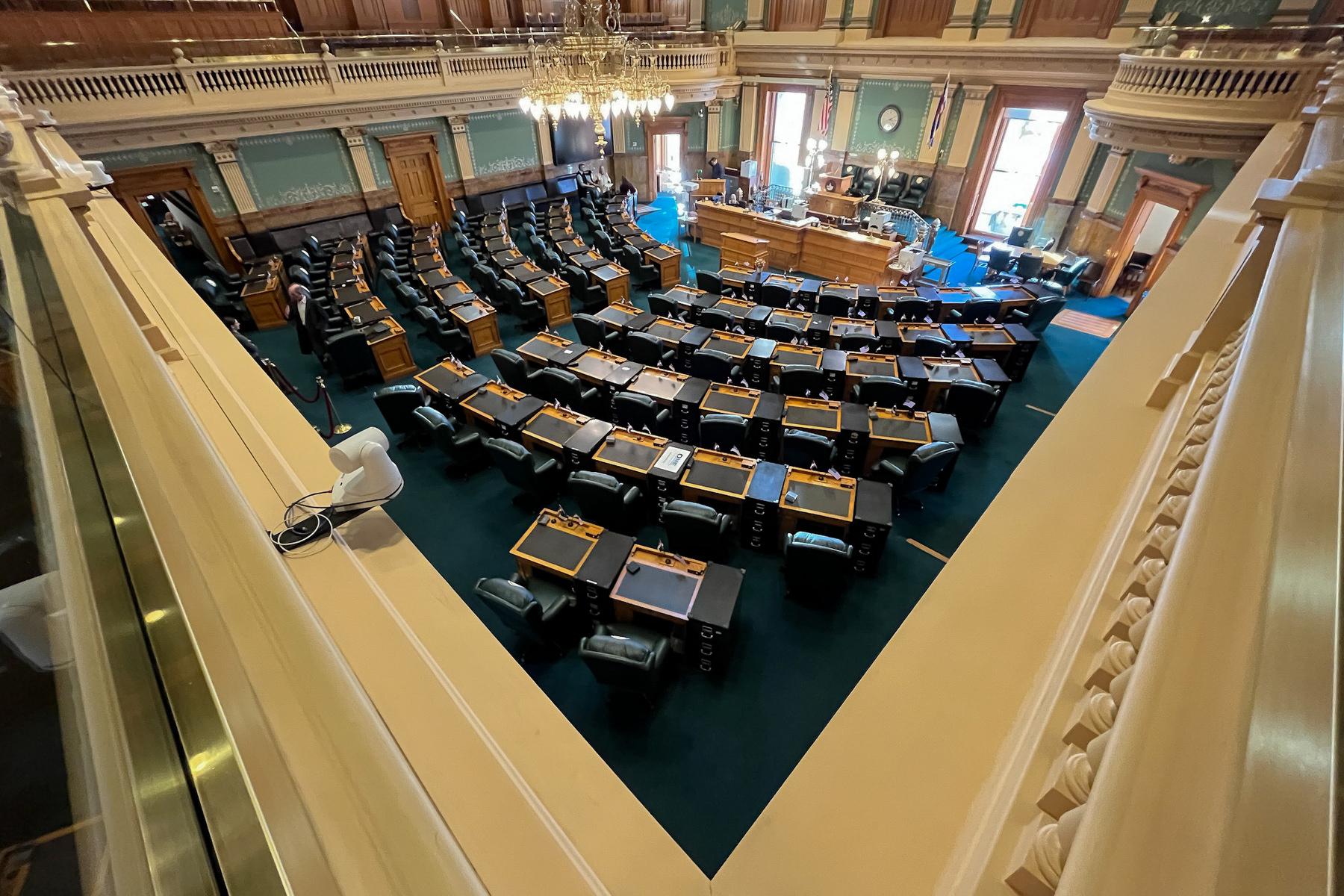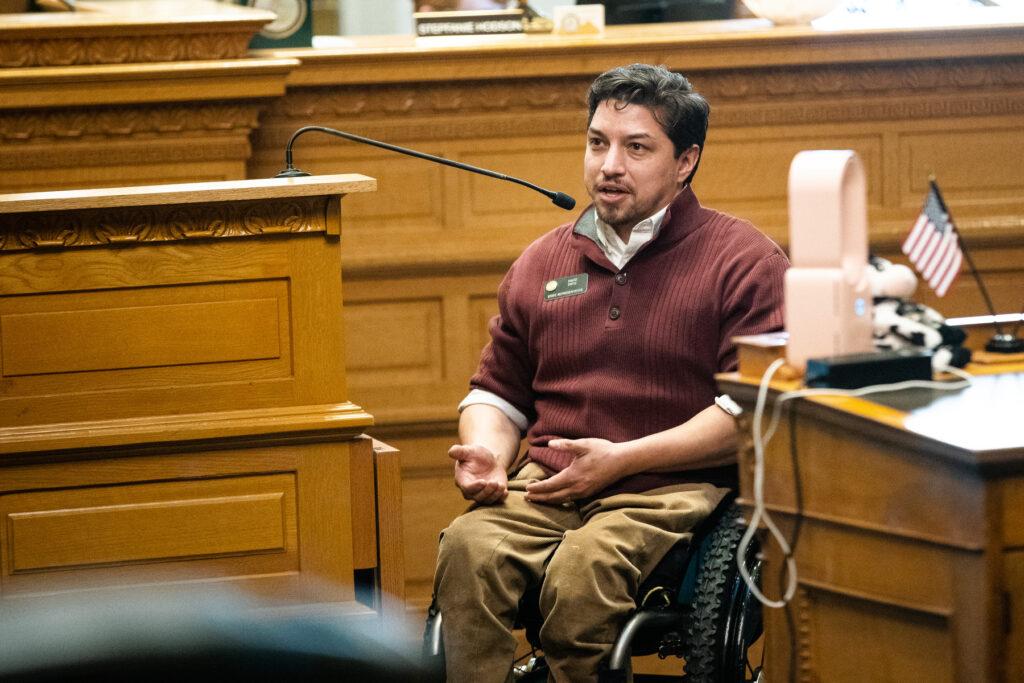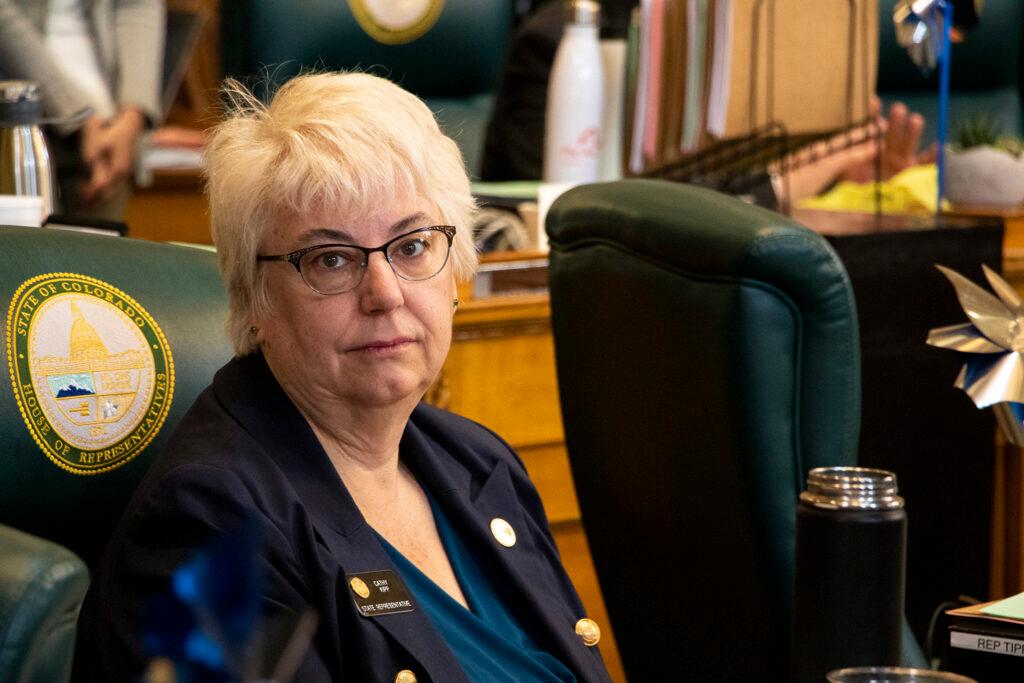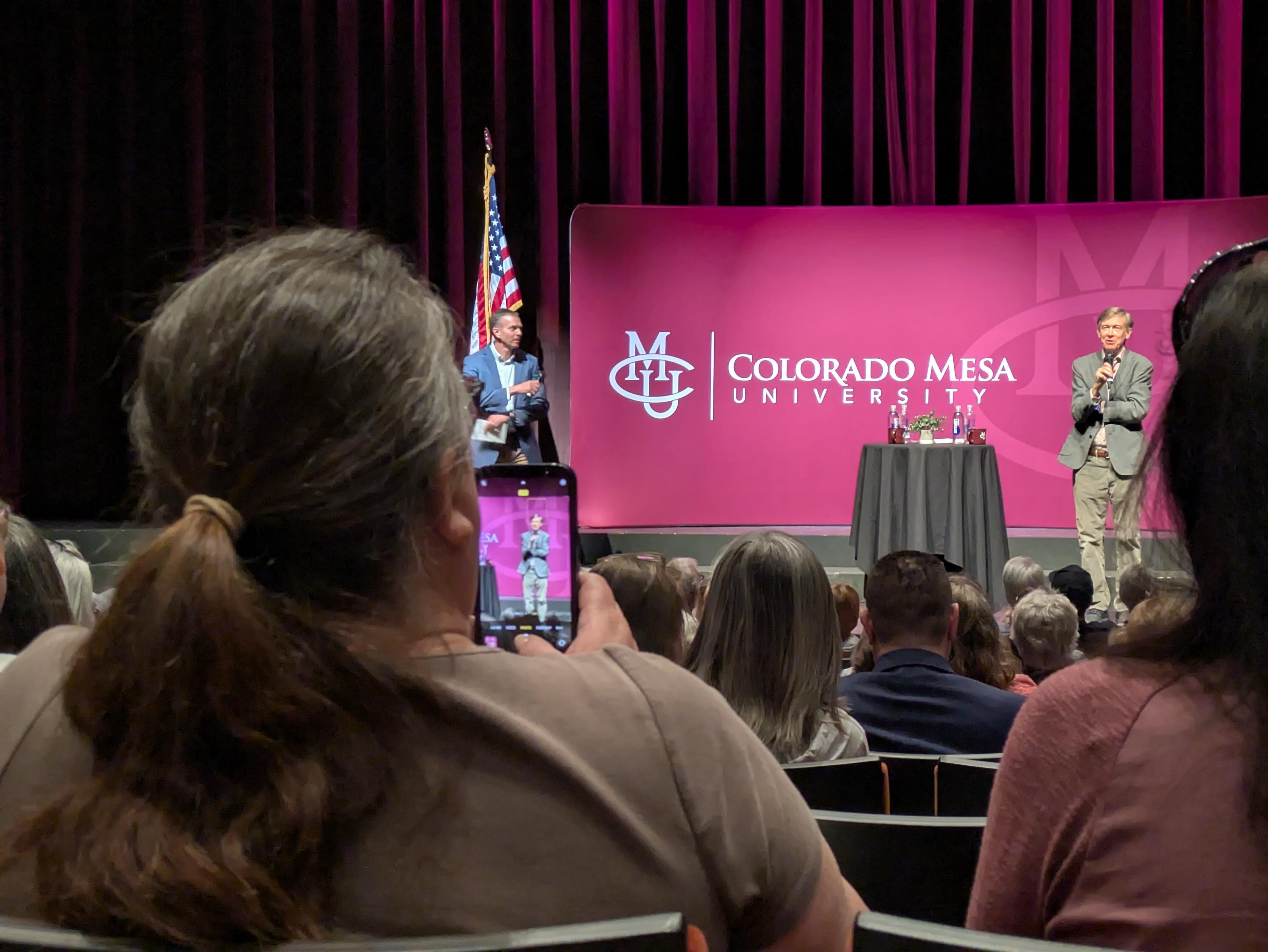
Lawmakers stripped a provision from a public records bill that would have allowed Colorado governments to label certain citizens as “vexatious,” and delay production of records if they demonstrated an “intent to annoy or harass.”
Once a requestor was labeled as annoying, the government would have been allowed to significantly delay the production of records.
The “vexatious requestor” element has been progressively weakened since Fort Collins Democrat Rep. Cathy Kipp introduced the legislation earlier this year. One previous amendment took the power to label someone vexatious out of the hands of government officials, requiring them instead to get the sign-off of a district court judge.
Rep. David Ortiz, D-Littleton, said that wasn’t enough and urged further changes to the bill through a series of amendments last week.
“Being declared vexatious is the most problematic part of this bill for community living with a disability,” said Ortiz, on the House floor on Friday. Ortiz is paralyzed from the waist down. “This is really how we go after getting information to try and litigate our rights and we don't want to be able to be declared vexatious as a roadblock.”
One of the bill’s sponsors, Rep. Matt Soper, R-Delta, argued that the bar to be labeled vexatious was so high “that this will rarely ever be used.”
To exemplify just how rare, Kipp added that in her 13 years in public office, as a state house representative and on the board of the Poudre School District, “I have met, I have known two people who I would consider to be a vexatious requestor.”
Parents in the Poudre School District believe that the bill is the brainchild of the school board, an attempt to limit uncomfortable questions following the abuse of severely autistic children last year by a paraprofessional employed by the district.
Ortiz said that even if the bar was high to be labeled vexatious, the risk of losing out on access to records was too great.
“They only have to win once, folks,” said Ortiz. “They can try and declare us vexatious a 100 times, and we could win 99 out of 100 times, the instance they win once that eliminates our ability to go after this information to secure our basic rights.”

Despite objections from the bill’s sponsors, Ortiz’s amendment passed Friday, removing the “vexatious requestor” element from the bill. The bill then passed the chamber on Saturday.
The bill is controversial among advocates for the public availability of government records. Lawmakers first passed the Colorado Open Records Act, known as CORA, in 1968, and despite many exemptions added over the years, it still provides broad public access to government documents.
In its original form, House Bill 1296 was one of the most sweeping attempts to limit the availability of records in years. While it has been weakened since its introduction, there are still several provisions remaining that seek to limit access.
If the bill becomes law, governments will have five working days to respond to requests rather than three and can apply for an extension of up to 10 days. Kipp said on the House floor on Friday that records requests, commonly called “CORA requests,” have tripled in the Poudre School District. She blamed this increase on misinformation following the COVID pandemic.
“Since the pandemic, I think people are often living more within the particular, perhaps, news that they listen to,” said Kipp. “And there's a lot more urban myths and legends and information that people frankly are going looking for by submitting CORA requests to government, and it's really created a huge burden on our governmental entities.”

The calendars of most government workers would also be kept private if the bill passes. News media are exempted from this provision. Only the calendars of elected officials and those in leadership positions would be a public record.
“But if you're an aide, and someone CORA’s [the aide’s calendar], and they see that you have a date on Saturday night, and they want to show up to stalk that aide, or to be there, I mean that's wrong,” said Soper. “And this is very much real that we have government employees who have been the victims of that.”
Stalking is already a crime in Colorado.
There are just more than two weeks left in the legislative session for the Senate to take up the bill.









